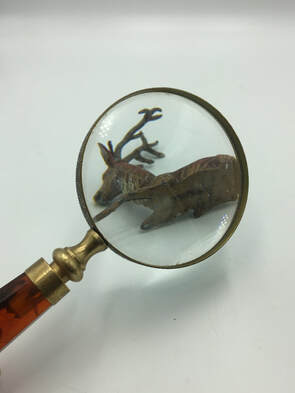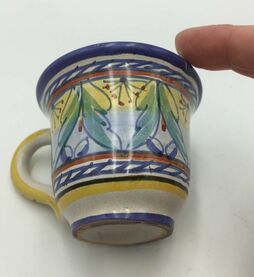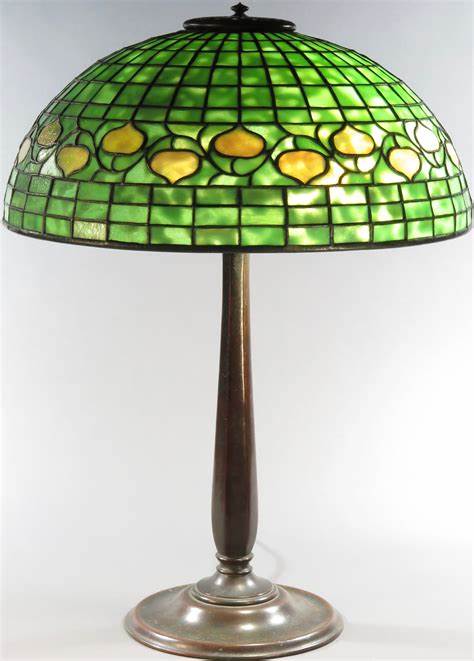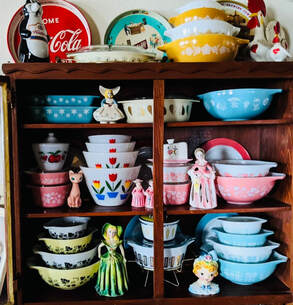If you get excited like me when searching for treasure, you need to be extra careful about your selection. It’s easy to get caught up in a “find” and overlook imperfections that reduce value. You may feel rushed as there are other eager shoppers everywhere. Slow down and inspect the merchandise!Here’s a brief guide to help you use your five senses to become a savvy reseller:
Look
|
Always, always, look closely before buying. Step into better lighting and dust off if necessary. Experienced shoppers carry a small flashlight and a magnifying glass to aid in this important task. When inspecting glass and ceramic objects, look for chips, cracks, and crazing (a mesh or network of fine cracks). Check linens for holes, snags, wear, fading or stains. Look for identification marks or labels, which are especially helpful if you don’t have other expertise to rely on. It never hurts to assess market value by scanning completed sales through eBay or similar resources that list unsold items. Condition is an important determinant in helping you resell at the highest price, so look carefully. That said, many buyers are willing to tolerate minor imperfections with full disclosure.
|
Dirt.
dirt These are a curse for buyers and can be difficult to remove. Take care when you enter a home and be alert if you notice mold or smoke – common culprits that can ruin a desirable item. Airing and washing items can sometimes eliminate odors but this involves time and trouble and may not be satisfactory. Cat urine is particularly difficult to remove and is harmful to the nose (no offense to cats). There is also a mysterious smell that keeps coming in the homes of the elderly. If something smells, trust your intuition and rest assured that the smell will not get worse when you remove the item from its environment, which often masks most of the odor. Keep moldy or musty items close by – These odors spread when stored with antiques.
feel.
|
Your sense of touch can be invaluable when assessing the condition and value of estate sale items – and is especially useful when shopping for glass and ceramic items. Fingers can detect a rough edge or chip more quickly than the eye. When inspecting linen, a perceptible touch can distinguish synthetic from natural fibers. Fingers can also detect seams in ceramics that distinguish molded objects from hand-shaped objects or help distinguish real wood carvings from imitation wood resin pieces.
|
Listen.
Listen in on sales conversations. You may be able to learn the history of items or get information about demand. Some vendors will have expertise to share, so it doesn’t hurt to inquire. Another way you can use your ears is when encountering mechanical objects. If you hear some rattling inside when you shake it lightly, you may be dealing with a broken thing-a-ma-jig. You can also improve your purchasing decisions by listening to what your gut is telling you. If your conscience tells you that something is overpriced, negotiate or put it off. If you’re too emotional, check your emotions at the door.
Taste.
I’m using poetic license to highlight this “feeling” – my real meaning refers to aesthetics. Do your tastes fall in line with what’s popular? Are you good at uncovering rare and coveted exclusive items? The best buyers have the ability to identify the good things people want right now. You can’t always predict what will sell, but if you keep an eye on the market, you can improve your ability to spot hot items in high demand.
May luck be on your side as you hone your senses in the exciting realm of treasure hunting. May you be successful!






